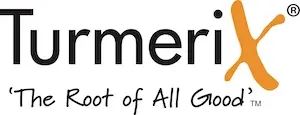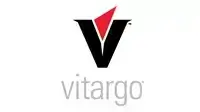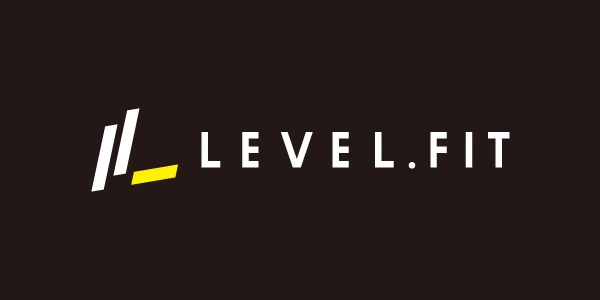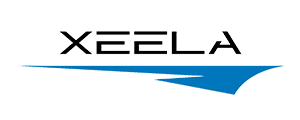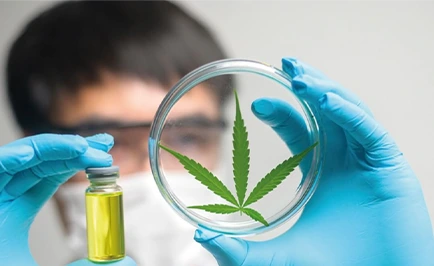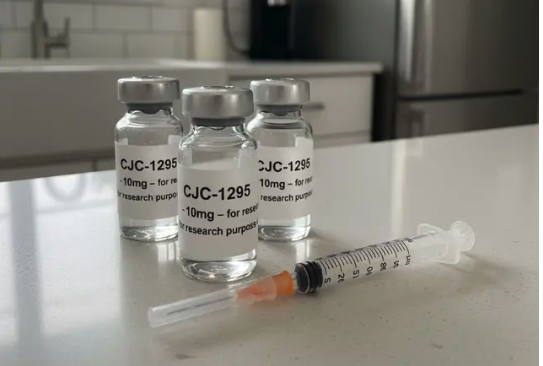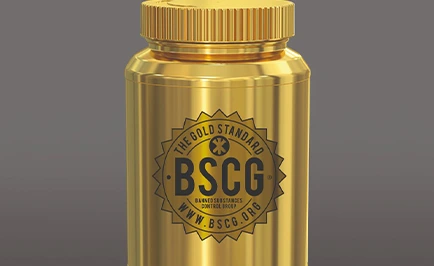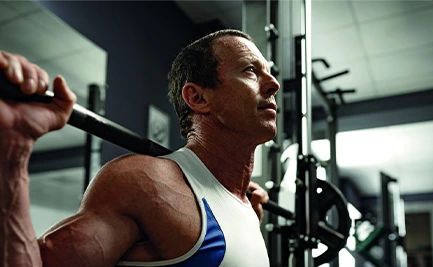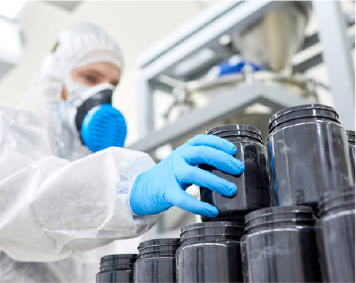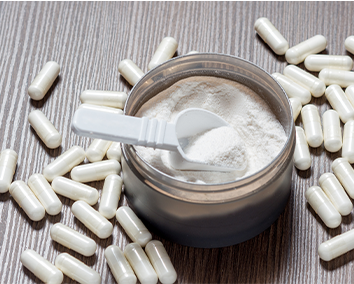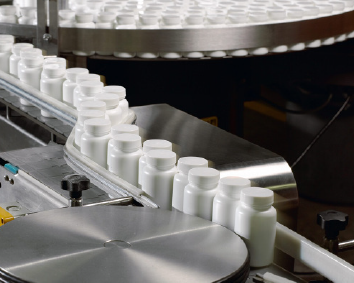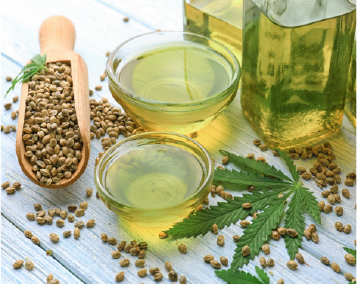One in Three: Why Supplement Risk Is Still Too High
Sep 30, 2025
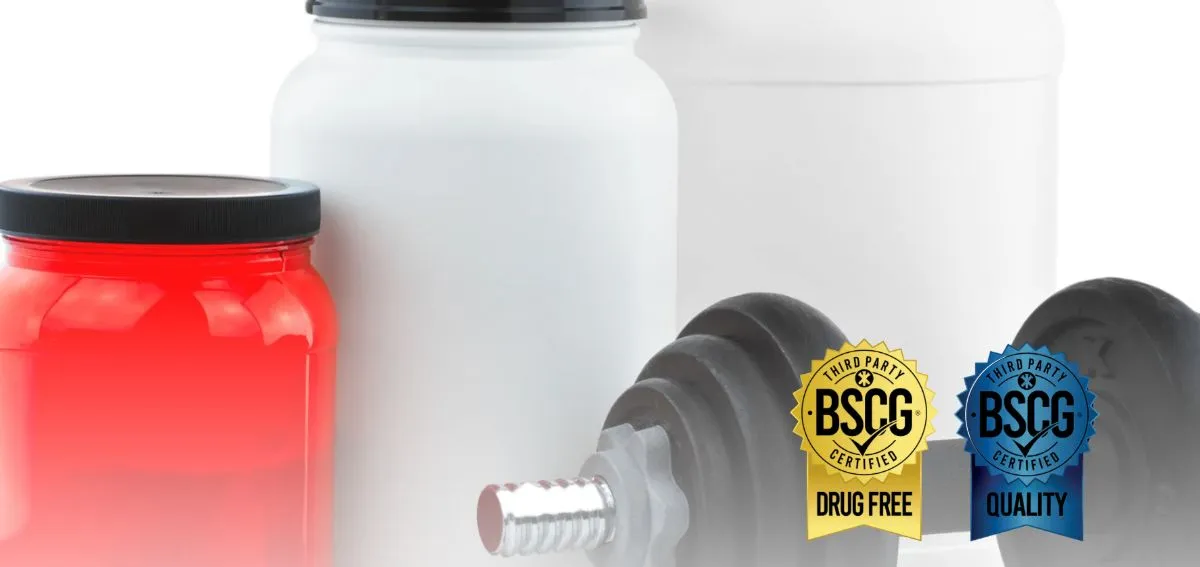
One in Three: Why Supplement Risk Is Still Too High
Surveys have shown that more than 80% of competitive athletes use dietary supplements. But do we really know what’s in them? Whether you take or make supplements, the odds are in many ways against you. Contaminated supplements are lurking everywhere and one slip up means your career could be in jeopardy. A single contaminated protein scoop can cost thousands in legal fees and years of sanctions. Trouble is, risks don’t always come from bad decisions. Often, they arise from a system where the line between safe and unsafe is not visible, at least not without the benefits of third-party certification.
One In Three Problem
A new paper by Sport Integrity Australia (SIA) has made the risks of supplement contamination very clear. They tested 200 uncertified sports supplements that were bought online and found that over 35% of them contained banned substances. To make things worse, 57% of them didn’t disclose the substance on the label. Well, not that they would, considering some of them were banned. The worst offenders tended to be the most popular product categories, which included fat burners, muscle gainers, and pre-workout supplements. This means the supplements that athletes or drug-tested professionals are most likely to use are also the ones likely to give them grief. Dr. Naomi Speers, the study’s co-author, warned about the risks. “These items are readily available over the counter, which can create a false sense of security among athletes,” she said. “However, factors like cross-contamination in production facilities or undeclared ingredients mean the likelihood of accidental doping remains significant.”
Labels Don’t Equal Safety
The SIA findings highlight what BSCG has consistently warned about, which is that what’s on the label isn’t the whole story on what’s in the product. Manufacturers aren’t required to test for banned substances, and regulators don’t pre-screen supplements before they go to market. There might be a persisting illusion that a product label offers some sort of protection. The SIA shows that even when something looks legit, it may not be. Some of the products had naturally derived compounds, while others had synthetic stimulants, but the outcomes of taking them would be the same: a positive doping test. For brands, this can create blind spots, and without independent third-party testing, there’s no reliable way to know exactly what’s inside the product, or what’s not. As the study showed, one in three is often going to be a losing bet for drug tested athletes.
Third Party Certification Brings Clarity
This is a space where independent programs can truly make a difference. BSCG’s Certified Drug Free program tests every lot for more than 400 banned substances in sport. This is more than 100 additional compounds compared to any other international third-party testing competitor in the space. BSCG also tests for an additional 50+ prescription, over the counter, or illicit drugs not banned in sport expanding the protection offered. Broad testing is critical in a strict liability environment where even trace levels can end an athlete’s career and a brand’s reputation. BSCG’s Certified Quality program includes annual testing for label accuracy, heavy metals, pesticides, microbiological agents, and banned substances offering consumer and retail protection. Certification creates trust in an industry where the odds too often favor failure.
Trusted Leadership
The SIA study proves that there are plenty of risks associated with supplements. When one in three products bought online is tainted, athletes and brands can’t afford to rely on luck or labels. Instead, what they need proactive testing that minimizes the risks. That’s the role BSCG has played for more than two decades, and why some of the world’s biggest sports leagues like the NFL and UFC recognize BSCG’s work. Don’t play Russian roulette with your career, make sure your supplements are third party certified and batch tested.
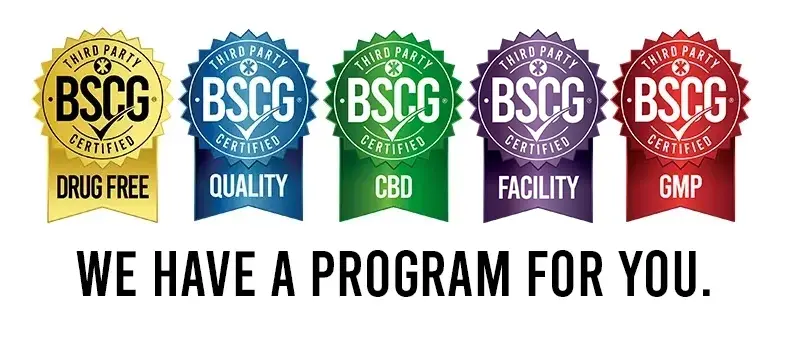


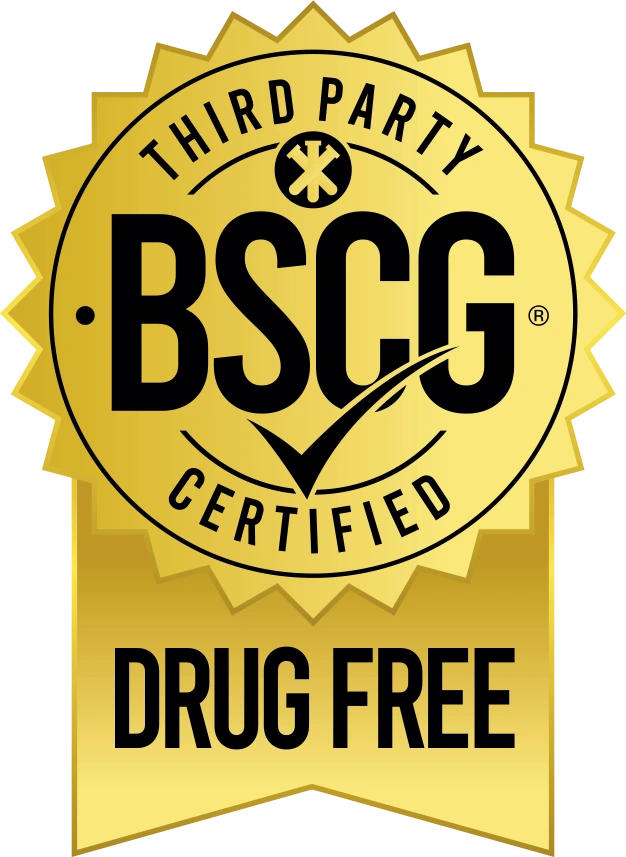
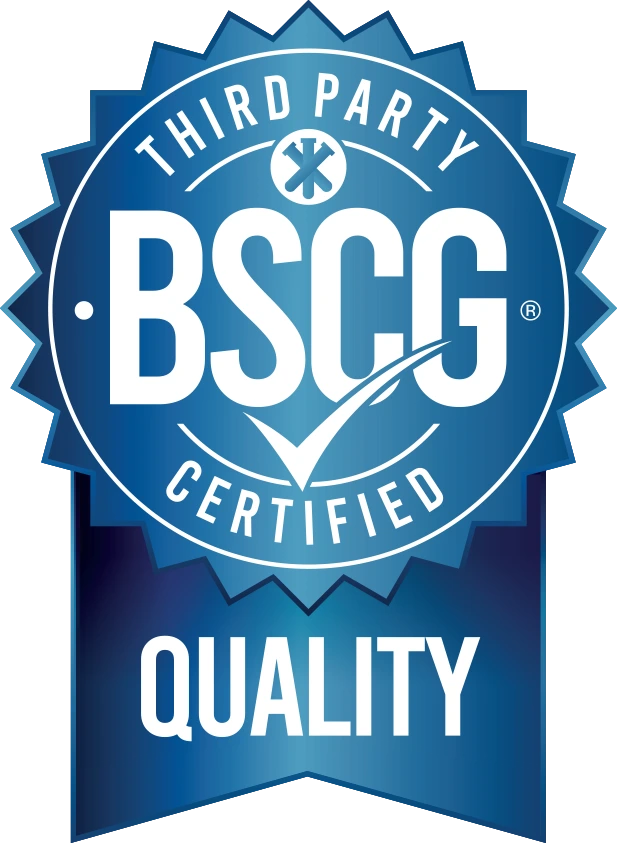
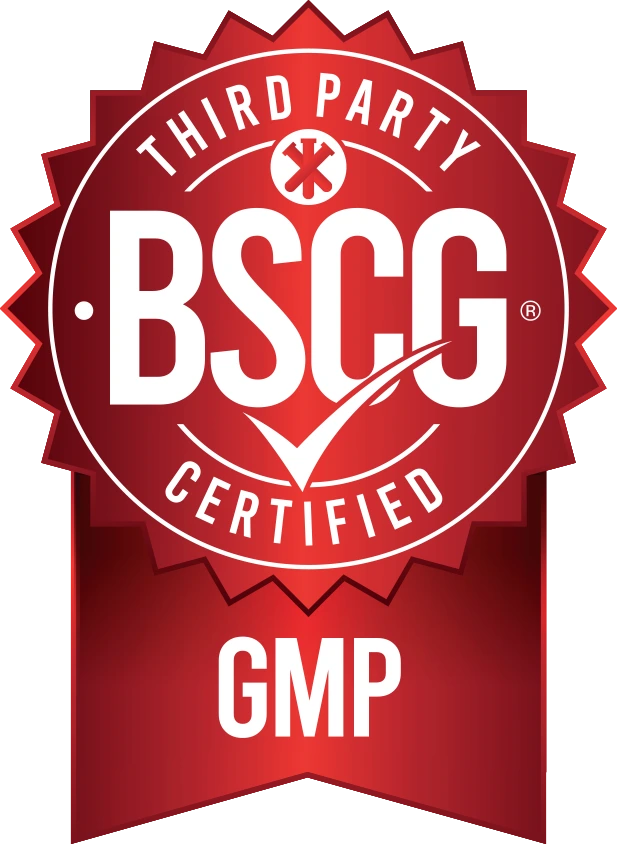
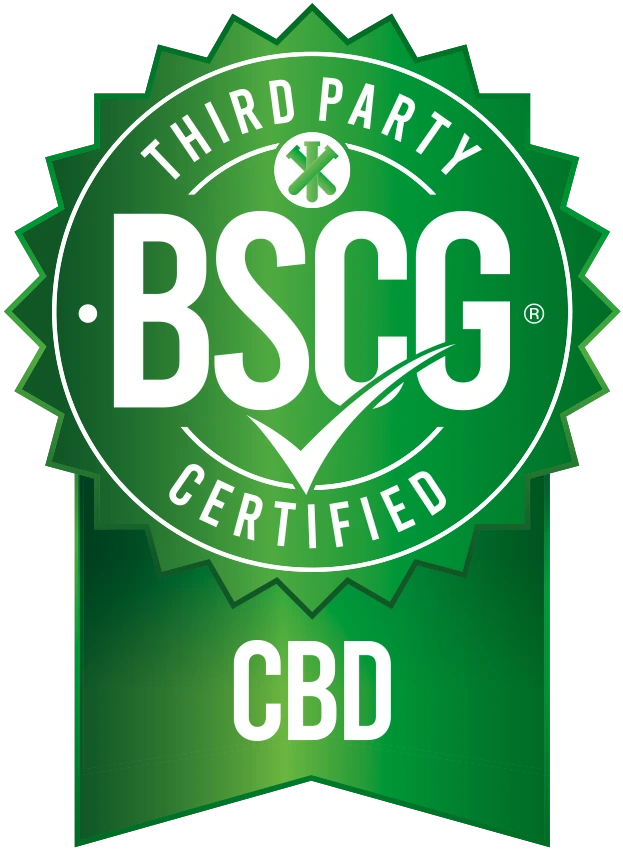
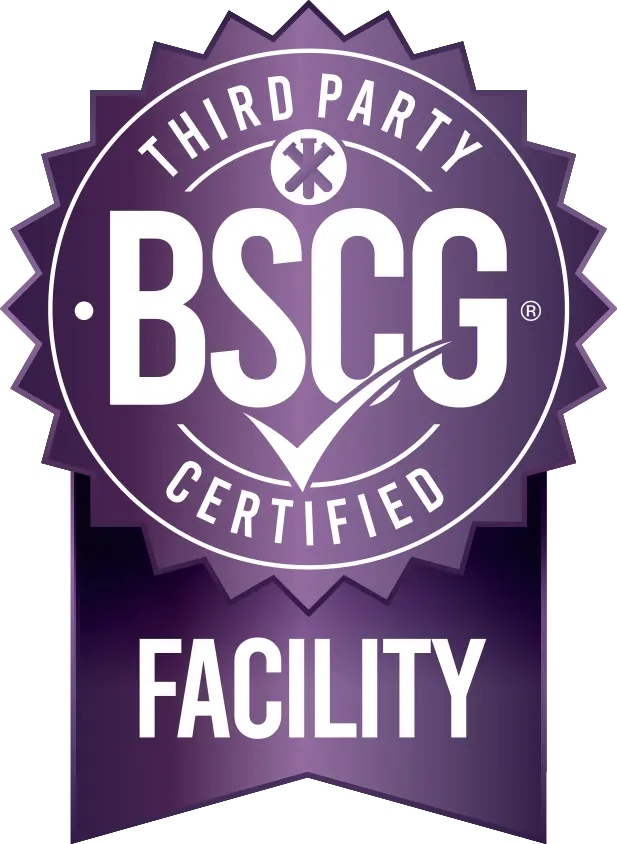

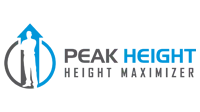
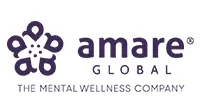
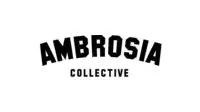
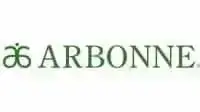
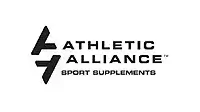
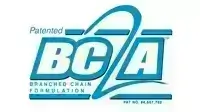
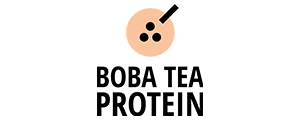
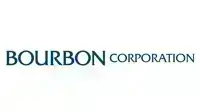
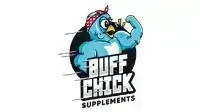
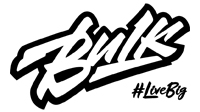

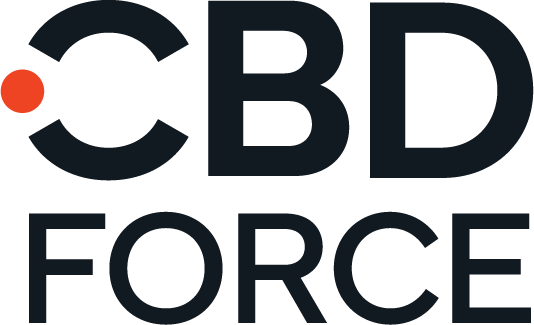
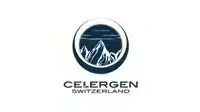
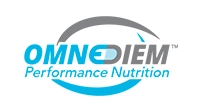
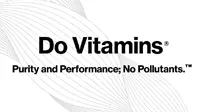
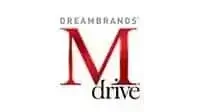
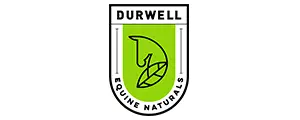

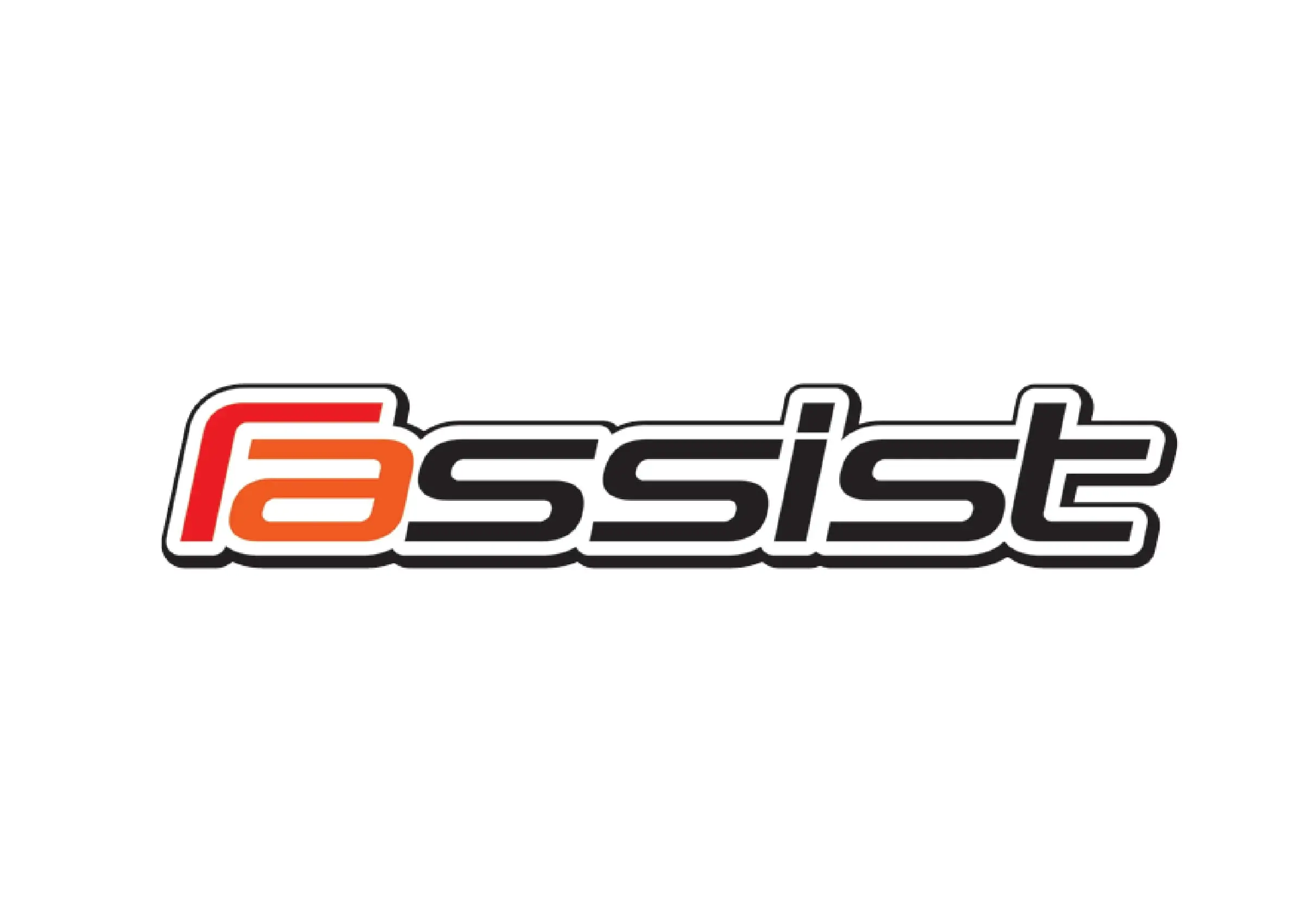
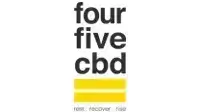
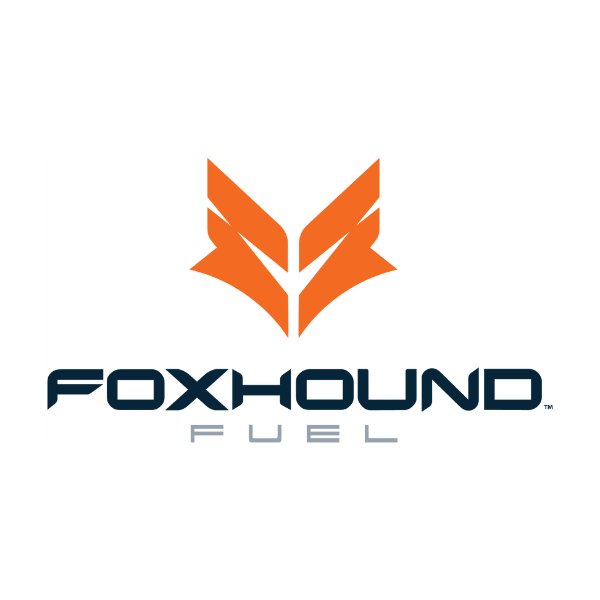
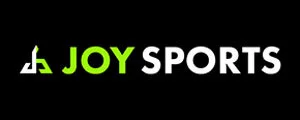
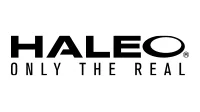

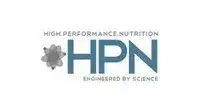
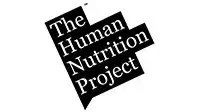
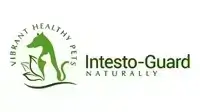
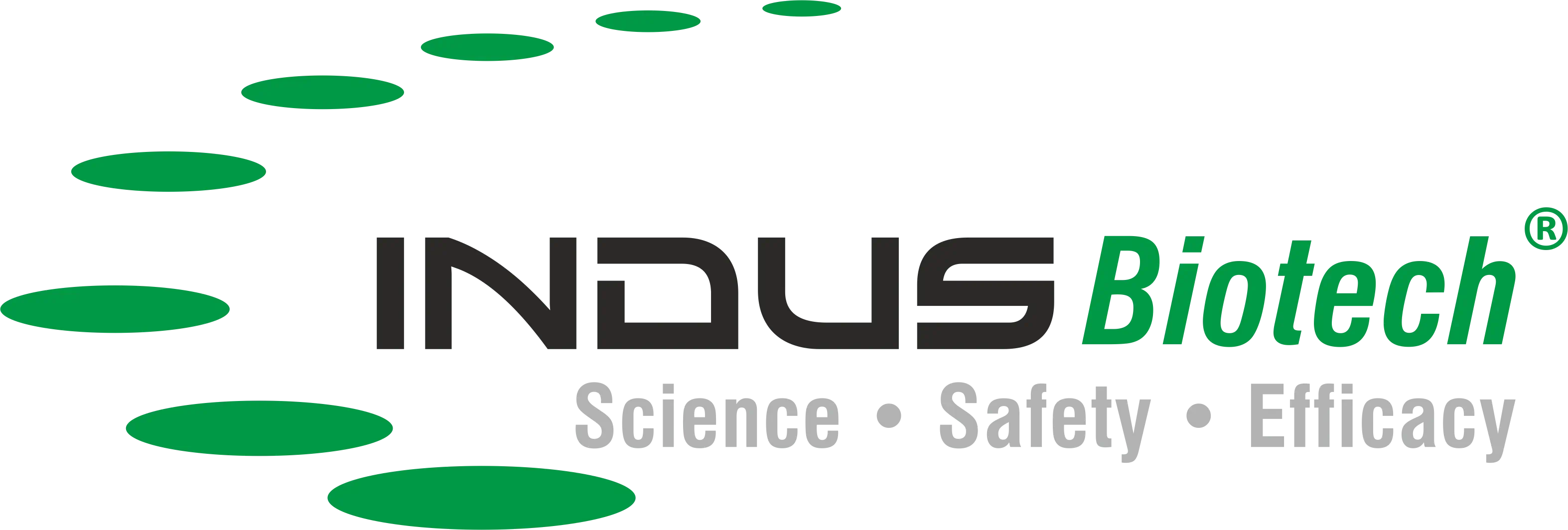
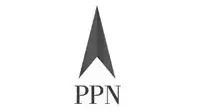

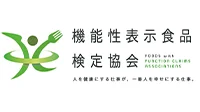
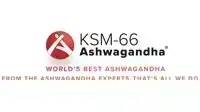
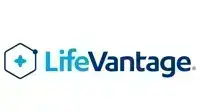



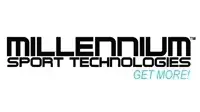
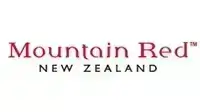
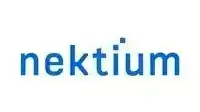

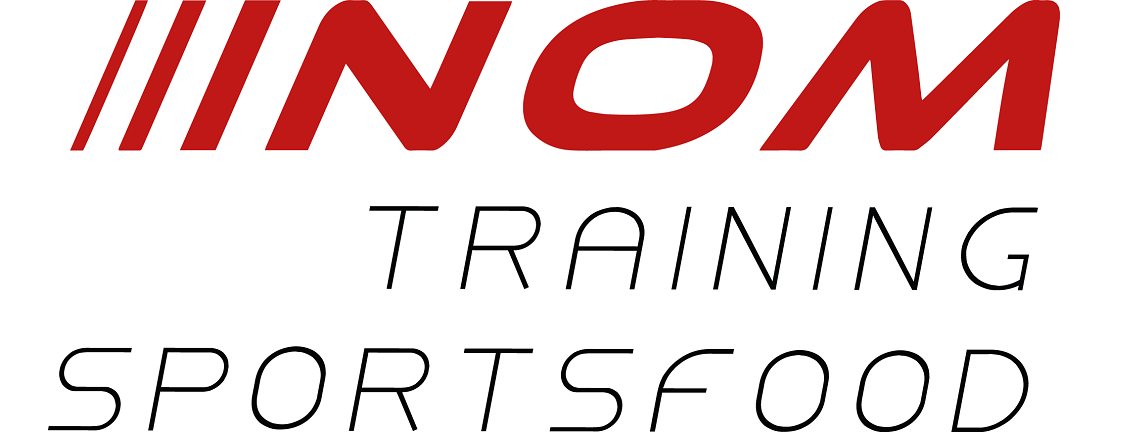
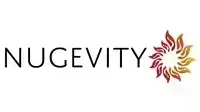
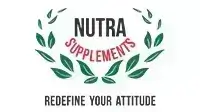
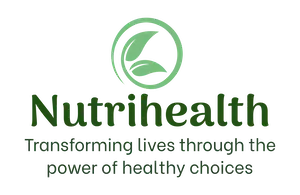
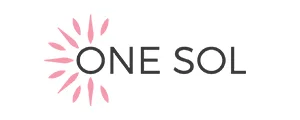
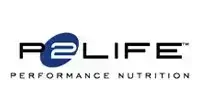
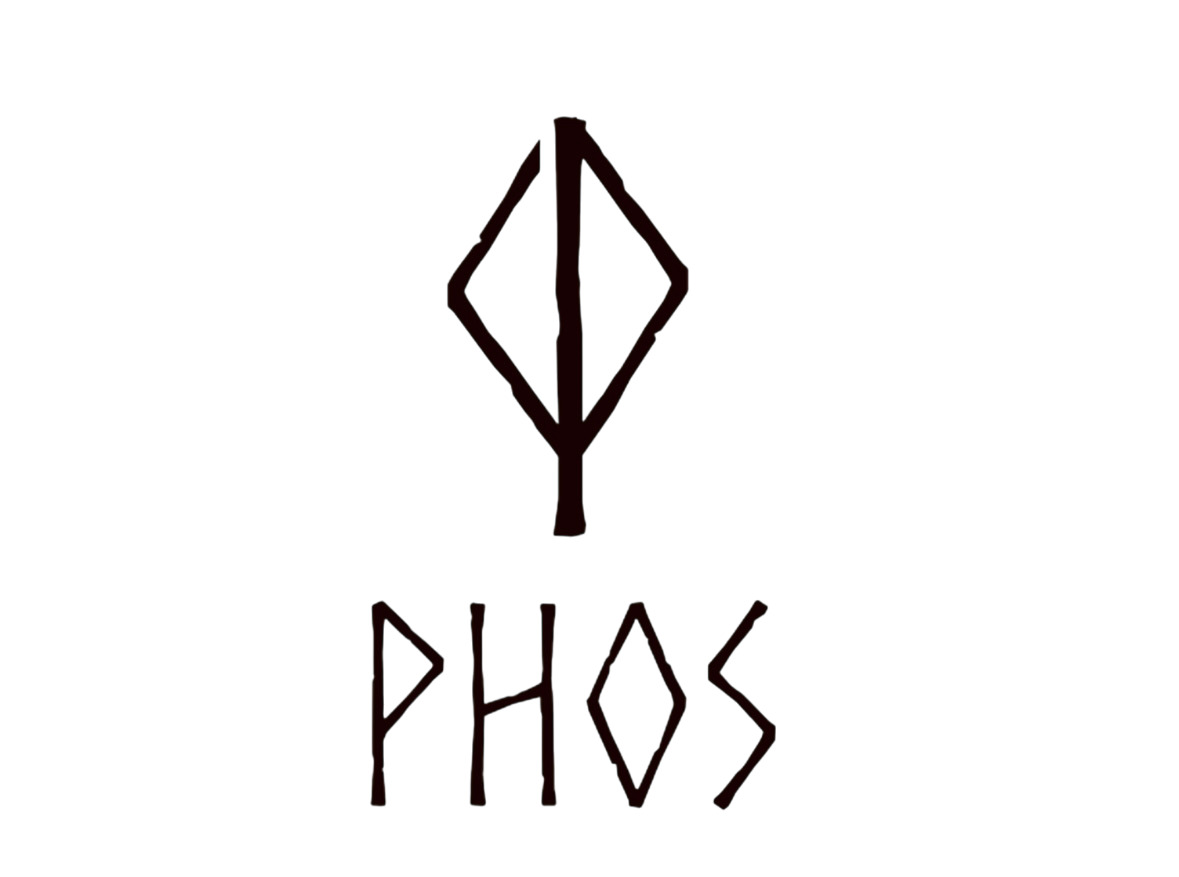
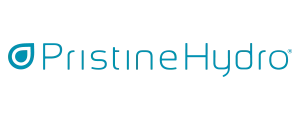

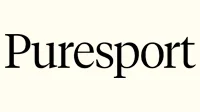


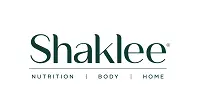
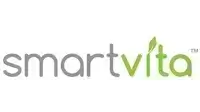
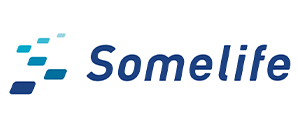
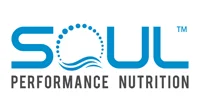
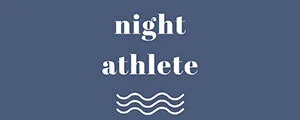
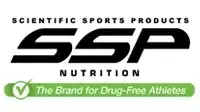

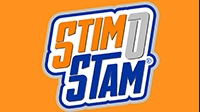
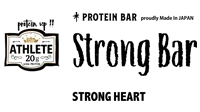
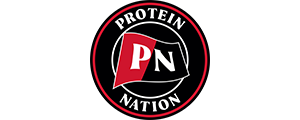
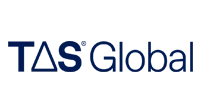

.png)

